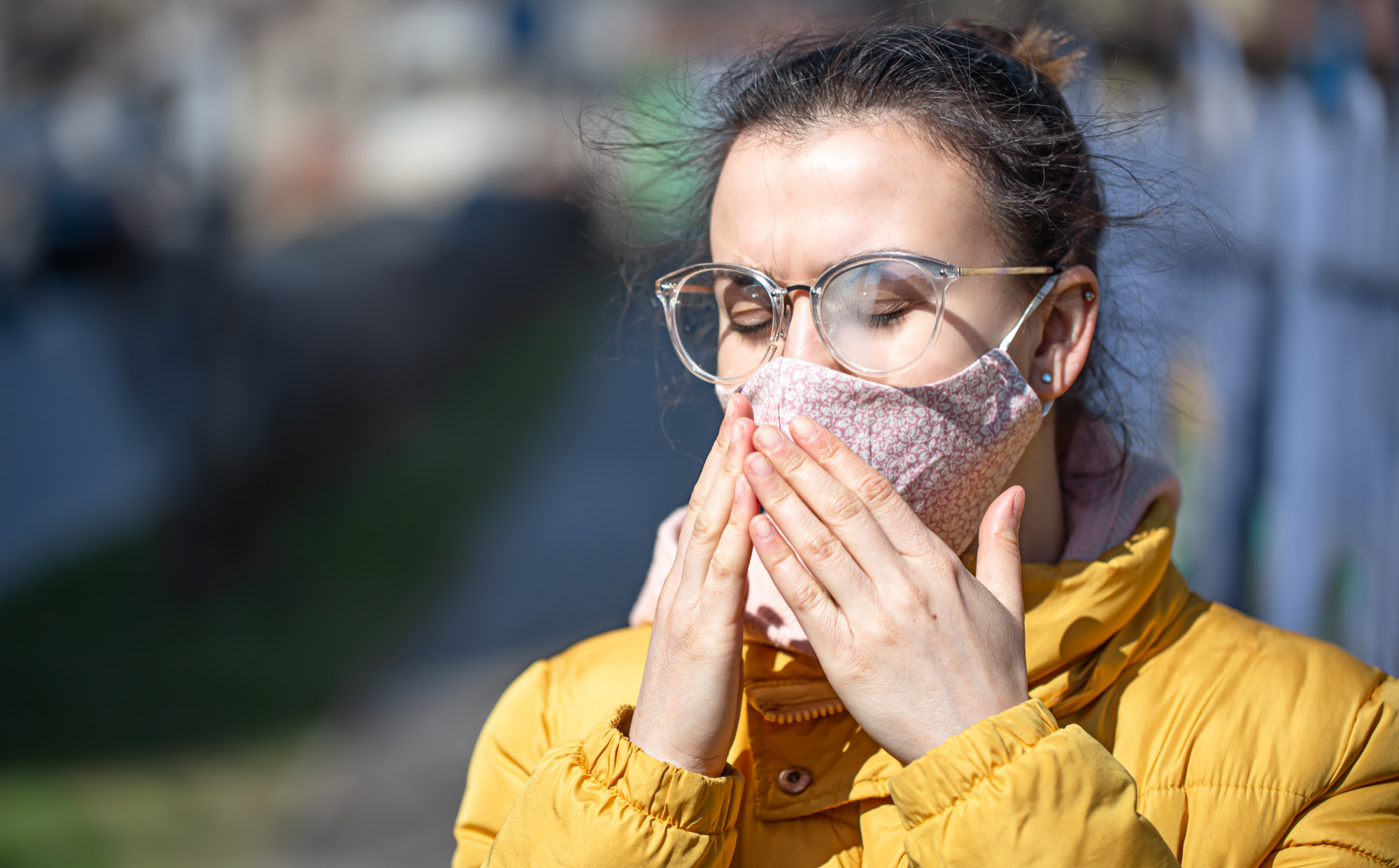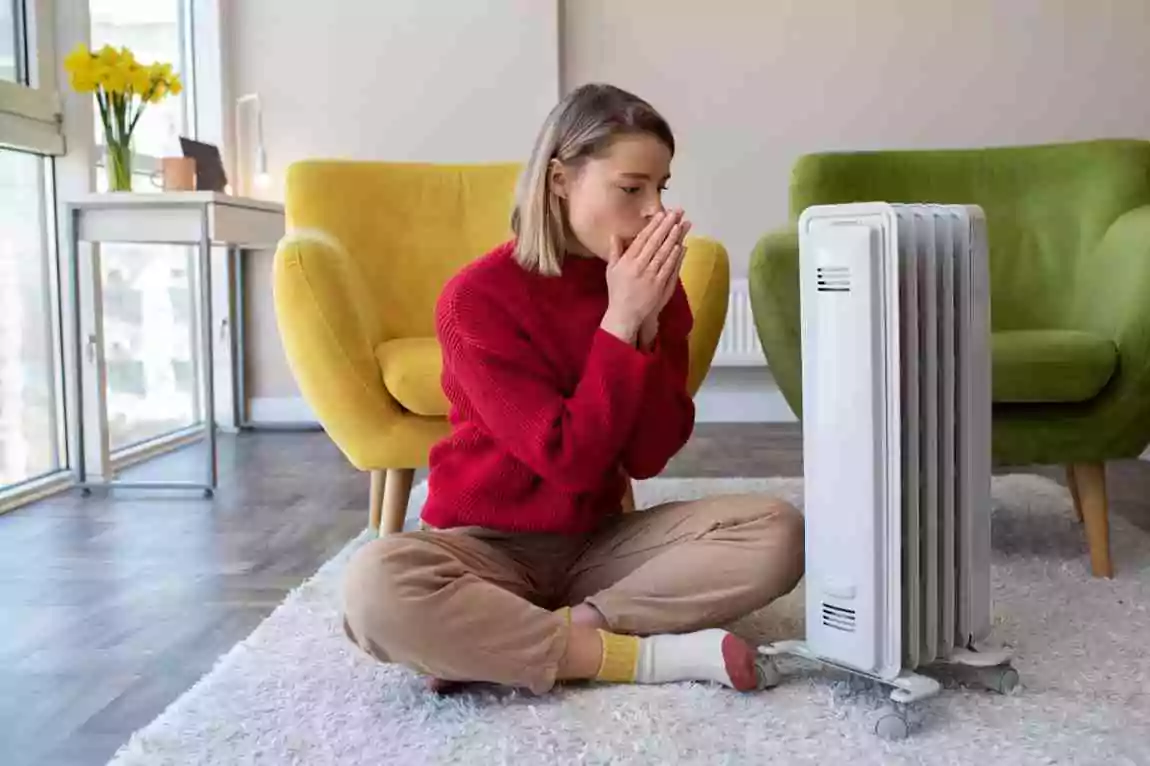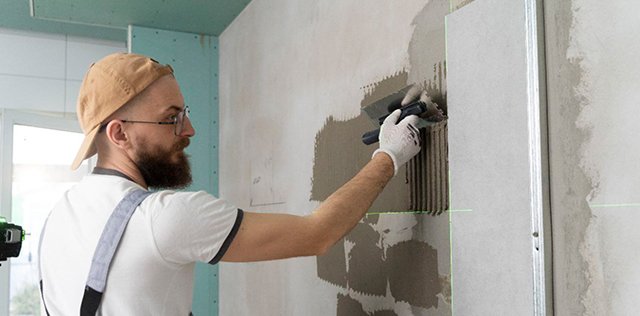
As India grapples with alarming levels of air pollution, especially in major cities like Delhi and Mumbai, it has become crucial for individuals to take proactive steps to safeguard their health.
Recent reports indicate that Delhi's air quality index (AQI) has reached a staggering 204, classified as ‘poor,’ making it imperative for residents to protect themselves from the harmful effects of polluted air. Prolonged exposure to such conditions can lead to serious health issues, including respiratory diseases, cardiovascular problems and even neurological disorders. Here are ten effective ways to shield yourself from the adverse effects of poor air quality:
1. Monitor Air Quality Levels
Stay informed about the air quality in your area by using reliable apps or websites that provide real-time AQI readings. The Central Pollution Control Board (CPCB) provides updated statistics, allowing you to plan outdoor activities accordingly. Avoid going outside when the AQI is particularly high.
2. Limit Outdoor Activities
On days when air quality is poor, limit outdoor activities, especially strenuous exercises that can exacerbate respiratory problems. Opt for indoor workouts or engage in gentle activities like yoga or meditation to minimize exposure to pollutants.
3. Use Air Purifiers Indoors
Investing in a good-quality air purifier can significantly reduce indoor air pollution. Look for purifiers with HEPA filters that can effectively remove particulate matter, pollen, and other harmful allergens from the air.
4. Wear Masks
When stepping outside, especially in heavily polluted areas, wearing an N95 mask can provide a barrier against fine particulate matter (PM2.5 and PM10) and other harmful pollutants. This simple measure can help protect your lungs and reduce inhalation of toxic air.
5. Keep Windows Closed
During periods of high pollution, keep windows and doors closed to prevent outdoor air from infiltrating your living space. This helps maintain a cleaner indoor environment and reduces the amount of pollution you and your family breathe in.
6. Create a Green Space Indoors
Plants can help purify the air by absorbing toxins. Incorporate indoor plants such as spider plants, peace lilies, or snake plants, which are known for their air-purifying properties. This can create a healthier environment within your home.
7. Avoid Smoking and Indoor Pollutants
Ensure that smoking is not allowed indoors, as it significantly contributes to indoor air pollution. Additionally, be mindful of using household products that emit volatile organic compounds (VOCs), such as certain paints, cleaners, and air fresheners.
8. Hydrate and Eat Healthy
Staying hydrated can help your body cope with pollution effects. Consuming a diet rich in antioxidants—found in fruits and vegetables—can strengthen your immune system and help mitigate some of the damage caused by air pollutants.
9. Consult with Healthcare Professionals
If you experience persistent symptoms like coughing, wheezing, or shortness of breath, seek medical advice. Regular check-ups can help monitor your lung health, especially if you live in a high-pollution area.
10. Advocate for Clean Air Initiatives
Be part of the solution by advocating for policies aimed at reducing air pollution. Engage with community efforts, support clean energy initiatives and encourage local government to implement stricter pollution controls. Your voice can help drive change.
The current air quality crisis in cities like Delhi and Mumbai is a wake-up call for all of us. With studies linking air pollution to serious health issues—including type 2 diabetes, obesity, Alzheimer’s disease and even central nervous system disorders like Parkinson’s—it’s essential to take proactive measures to protect ourselves and our loved ones. By implementing these strategies, we can better navigate the challenges posed by poor air quality and advocate for a cleaner and healthier environment for future generations.
Tags:
Related Blogs
The Impact of Climate Change on India's Agriculture and Food Security
- 23 September, 2024













